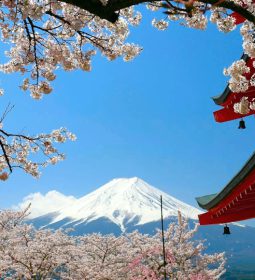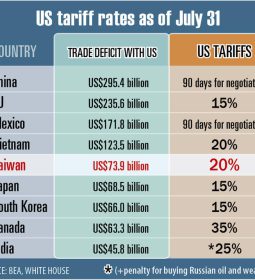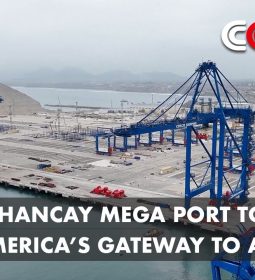‘Let’s copy Malaysia’: fake news stokes fears for Chinese Indonesians
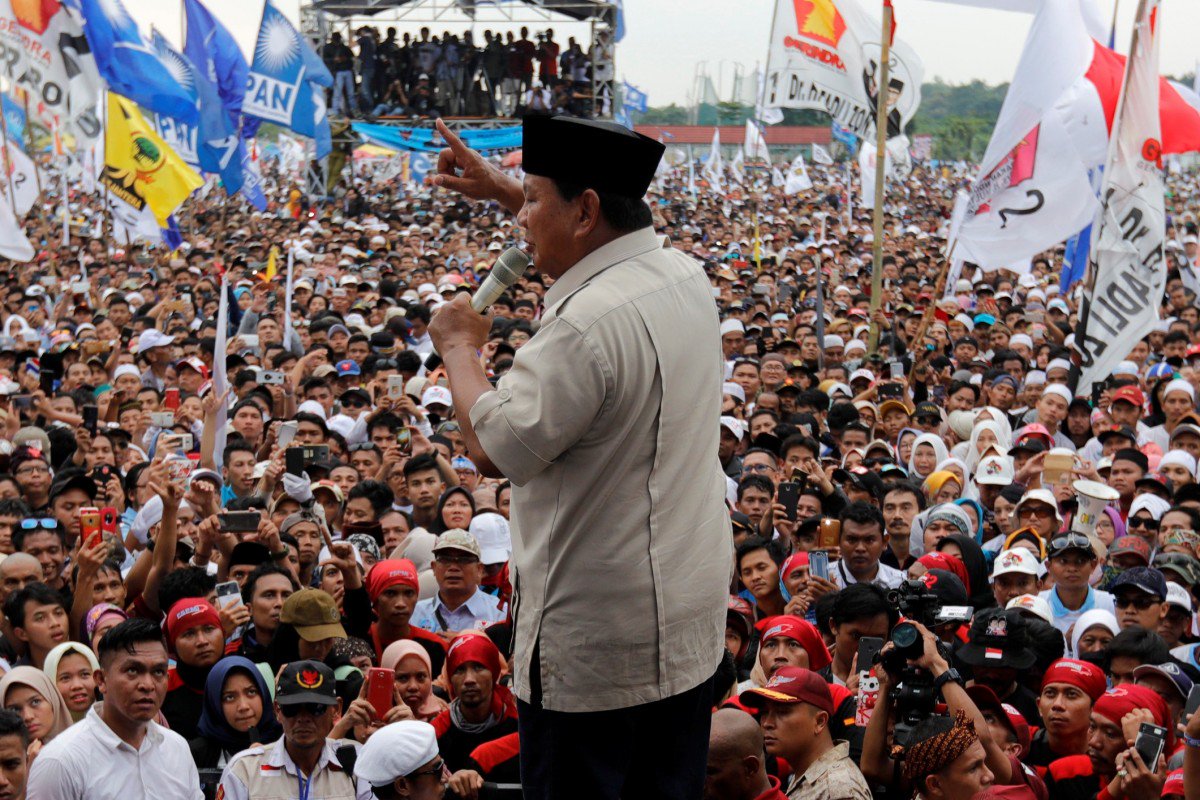
- Indonesia is seeing a surfeit of hoaxes and fearmongering on social media over rising levels of Chinese investment and an influx of its workers
- The hostility is causing anxiety among Chinese-Indonesians, and sparking fears presidential hopeful Prabowo Subianto could succumb to the opportunity to stoke the fire of ethnic tensions during the polls
The growing anti-China sentiment has left the country’s tiny ethnic Chinese community – comprising about 2 per cent of Indonesia’s 260-million, Muslim-majority population – fearful it would also be on the receiving end of hostility.
The fears are partly underscored by the perception that Chinese-Indonesians, along with other ethnic minorities in North Sumatra and eastern Indonesia, are supporters of Widodo – an affable and moderate leader who has partnered with elderly cleric Ma’ruf Amin to boost his religious credentials in the election.
Violence against ethnic Chinese swept several cities in 1998 when strongman Suharto fell, and the dark days are never far from the minds of the community.
Human rights lawyer Frans Winarta said the authorities had guaranteed there would be no election-related violence, but when asked if he still harboured fears, he replied: “Yes.”
Zachary Abuza, a professor at the Washington DC-based National War College, said he believed Prabowo could succumb to the opportunity to fan the flames of ethnic tensions in the lead-up to the polls.
“I think Prabowo has every incentive to launch a negative and sectarian campaign in the final days. He will try to use the ethnic Chinese support for Jokowi against him,” said Abuza.
“The campaign is going to get very negative. Fear is what will get [Prabowo’s] voters to the polls,” he said. “This is critical because I predict a fairly low voter turnout for [Widodo]. That will make the election even closer. It’s not just who votes, but who doesn’t vote.”
THE ONLINE RUMOUR MILL
Widodo, popularly known as Jokowi, has welcomed Chinese investments and financing and joined the China-led Asian Infrastructure Investment Bank, but banned and blown up Chinese and other foreign fishing vessels encroaching into the country’s waters.
But his even-handedness with Beijing has been ignored and rumours online claim he is pro-China to the point of allowing up to 10 million mainland-born workers into the country.
Dodi Ambardi, principal researcher at the pollster Indikator Politik, said the workers’ issue has had a much wider reach with voters.
“It has become a negative point for Widodo, while Chinese investment is more of an elite issue which has attracted less attention from voters in general,” Ambardi said.
There are far more Indonesians working in Hong Kong than Chinese working in Indonesia.
Economist Yose Rizal Damuri, of the Centre for Strategic and International Studies, said Chinese workers were concentrated in parts of the country where there were Chinese projects – such as Morowali regency in Central Sulawesi, where there is a joint venture to develop a US$980 million industrial park.
Figures from the manpower ministry showed the number of work-permit holders from China rose 30 per cent between 2014 and 2016.
Ignorant of the local culture, Chinese workers’ behaviour has at times caused friction with locals, adding to the resentment, said Damuri.
But they have not taken away jobs, he said, as many are in the country on a temporary basis. In construction, for instance, they are usually there for about six months.
“Their numbers are small. There are far more Indonesians working in Hong Kong than Chinese working in Indonesia,” said Damuri.
Some 165,000 Indonesians are working as domestic helpers and care givers in Hong Kong, according to official figures. In comparison, Indonesia had 95,335 foreign workers last year – 32,000 from China, 13,897 from Japan and 9,686 from South Korea – according to the Human Resources Ministry.
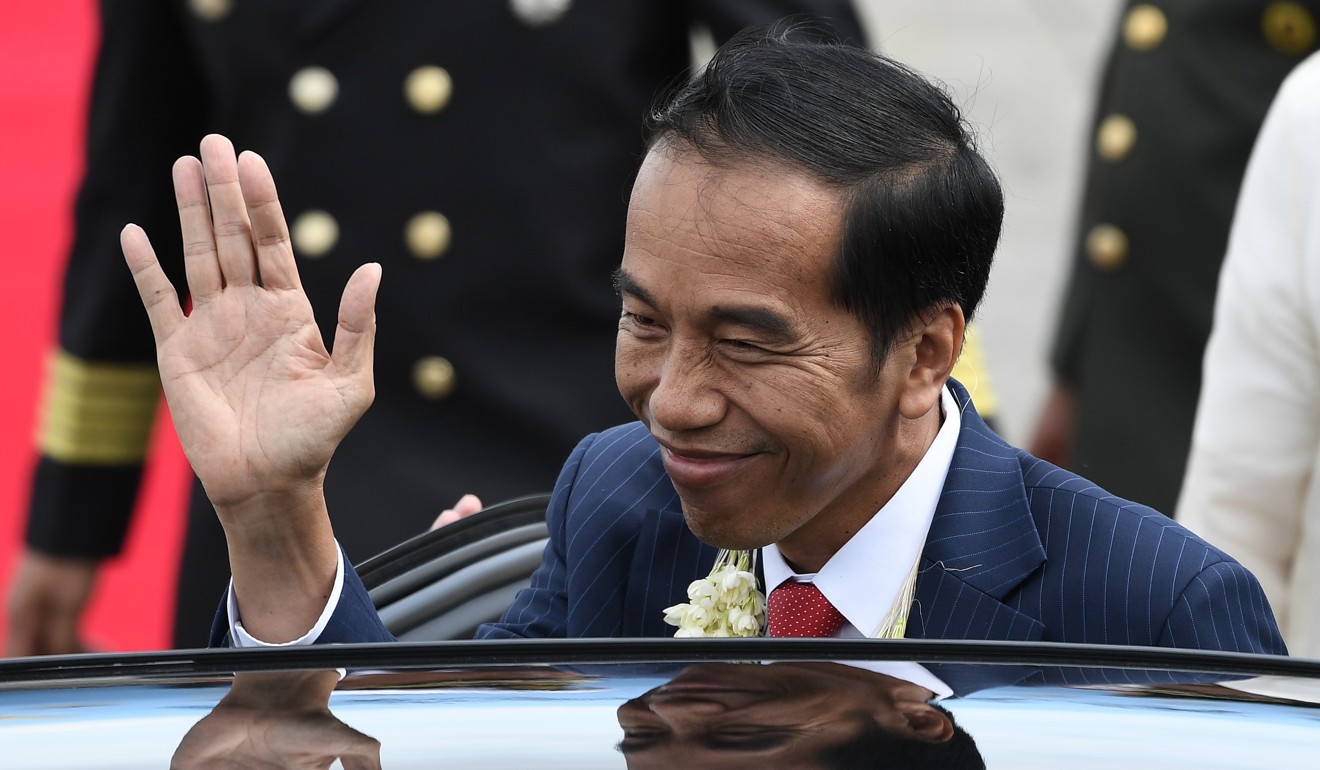
But the sight of Chinese workers at Indonesia’s airports often attracts the attention of members of the public, some of whom video the workers’ arrivals and share it on Twitter.
“People only say something when they see workers arriving, but [not] when the workers go back. It is actually quite obvious … when you board a flight to China, you can see groups of workers going home,” said Damuri.
the Communist Party of Indonesia (PKI) – blamed in the 1960s for trying to overthrow the Indonesian government with China’s backing – had risen again. Jokowi has had to fend off rumours he is a member of the now-defunct PKI.
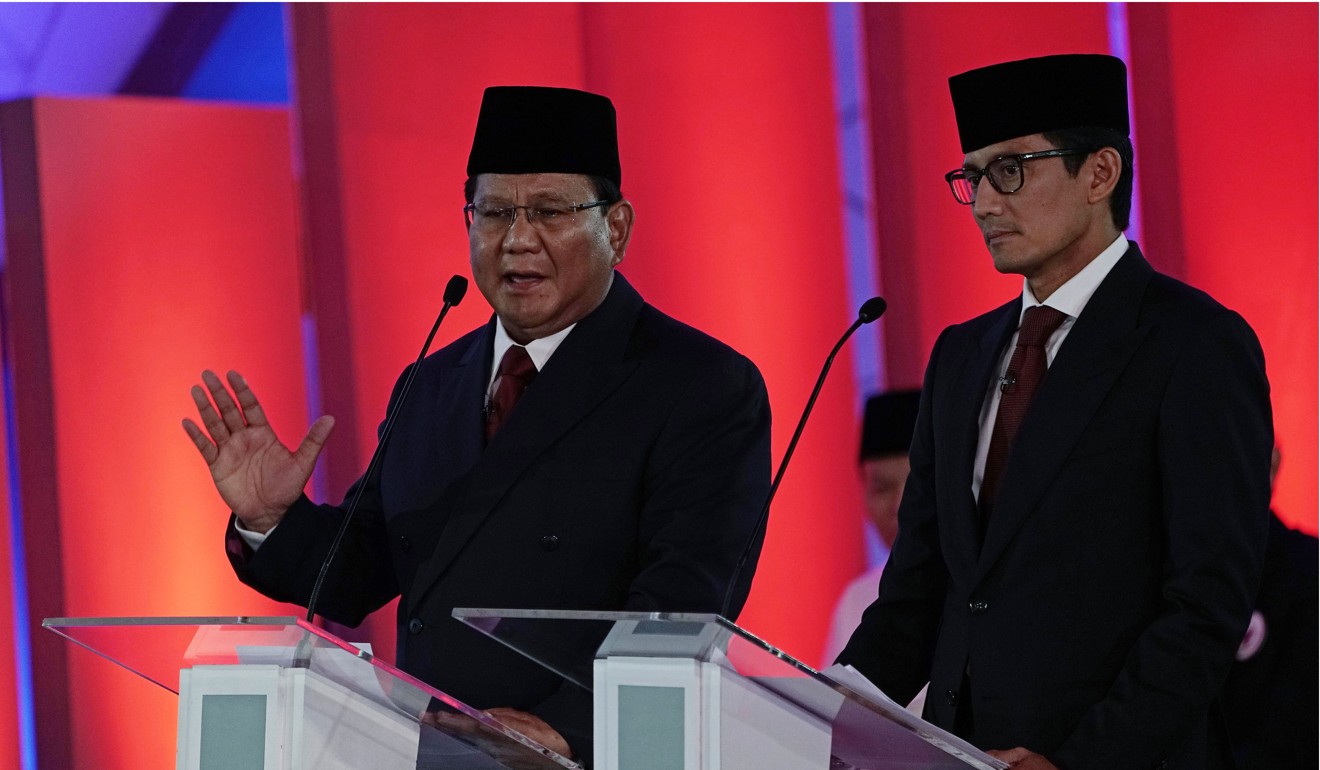
“Jokowi has been able to explain that the number of Chinese workers in the country is very small and they are only working in certain sectors,” said Zuhairi.
“Chinese investments is not a central issue in this election because both candidates have the same commitment towards Chinese investments,” he said. “The world acknowledges China as a big nation with the capability to invest in developing countries.”
Prabowo’s running mate, 49-year-old entrepreneur Sandiaga Uno, said the pair were not against China but treated it as a friend of Indonesia.
“Prabowo and I are focused on the economy. We will open communications [with China] to strengthen our mutually beneficial relationship,” Sandiaga said, though adding he would spur private-sector investments. “I am a supporter of infrastructure development.”
NOT LIKE MALAYSIA
for standing up to China was widely circulated online. Since making his political comeback last May, Mahathir has shelved or delayed Chinese-backed infrastructure projects, including the US$20 billion
, noting they were not value for money.
The message said Prabowo and Sandiaga should “copy” Mahathir if they win, to “evaluate and carry out audits on all projects and investments on communist China in Indonesia”.
’s US$1.4 billion Hambantota port now
to a Chinese company after Colombo was unable to service its loans – analysts say the reality in Indonesia is quite different.
and Morowali projects, a US$1.6 billion hydroelectric dam supported by the Bank of China has been proposed for North Sumatra, while on the island of Borneo, a Chinese state-owned company is set to build hydropower plants worth almost US$18 billion, reported Bloomberg.

and
remain Indonesia’s biggest foreign investors, with China coming third. Investments from China were valued at US$2.4 billion last year, behind Singapore’s US$9.2 billion and Japan’s US$4.9 billion.
when disgraced leader Najib Razak was in power.
“China bailed out Najib’s [alleged] 1MDB debts and got plenty of equity in return,” said Abuza of the National War College.
“In Indonesia, they are building infrastructure, but far less has been invested as compared to what has been promised, about 10-15 per cent,” he said. “What China has invested in and built, Indonesia does need it.”
The World Bank estimates that Indonesia has an infrastructure gap of US$1.5 trillion compared with other emerging markets.
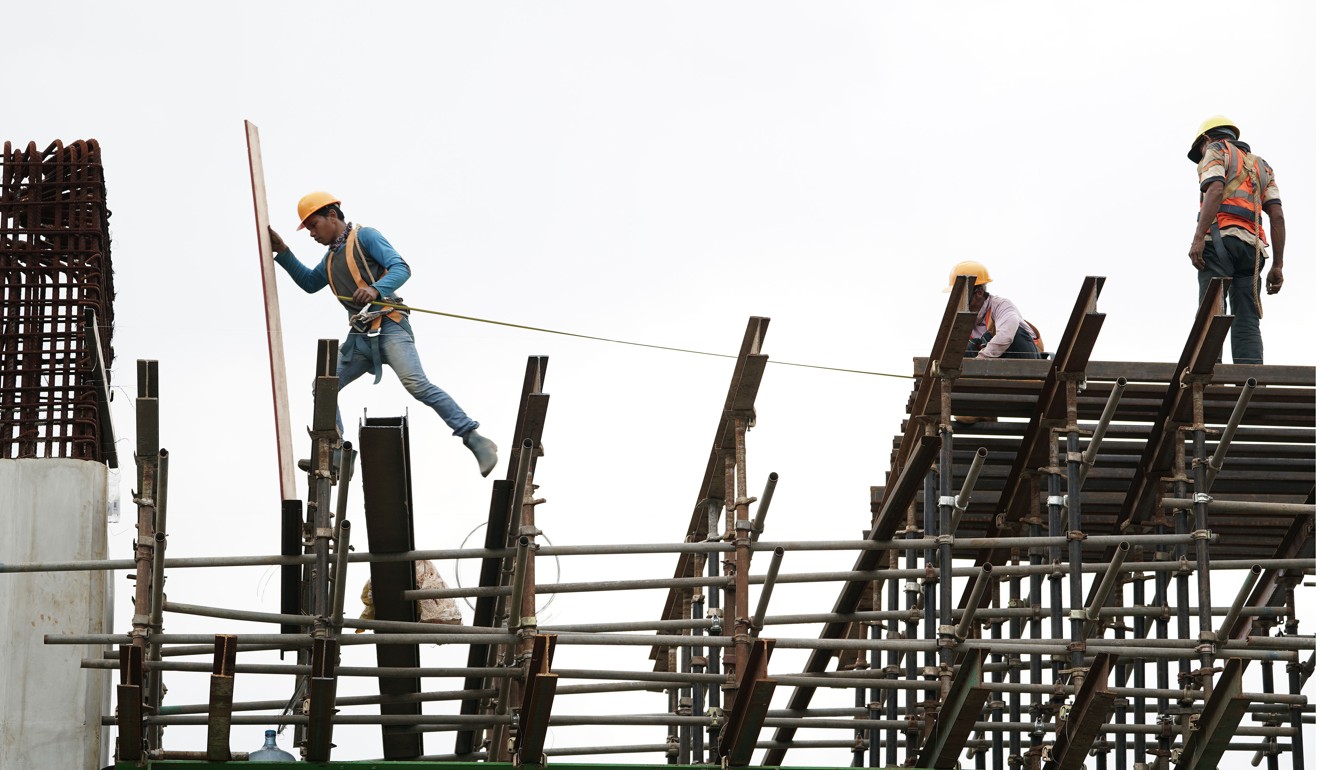
Deakin University professor Greg Barton, a long-time observer of Indonesian politics, said the country had been cautious about Chinese investment, by “not allowing large investments in profitable-but-strategic infrastructure such as ports, and [instead] directing the majority of investment into state-run enterprise projects”.
“This has allowed it to limit the flow of Chinese blue-collar workers into projects,” Barton said.
“[We should] work more proactively to influence public opinion in Southeast Asian countries. One way is to promote all-round people-to-people exchanges,” columnist Yu Jincui wrote.
But for Okki Soebagio, an IT businessman and native Indonesian from South Sulawesi, any well-structured investment in Indonesia – where growth averages about 5 per cent and inequality is widening – is a good one.
“So I am pro-Chinese investment in Indonesia, as it will drive employment and only bring value to fill in the gap we have,” said Okki.
South China Morning Post
- Previous US warships and PLA jets: what’s really behind the Taiwan Strait provocations between China and the US
- Next No summit with China’s Xi Jinping until a deal to end trade war is final, Donald Trump says













